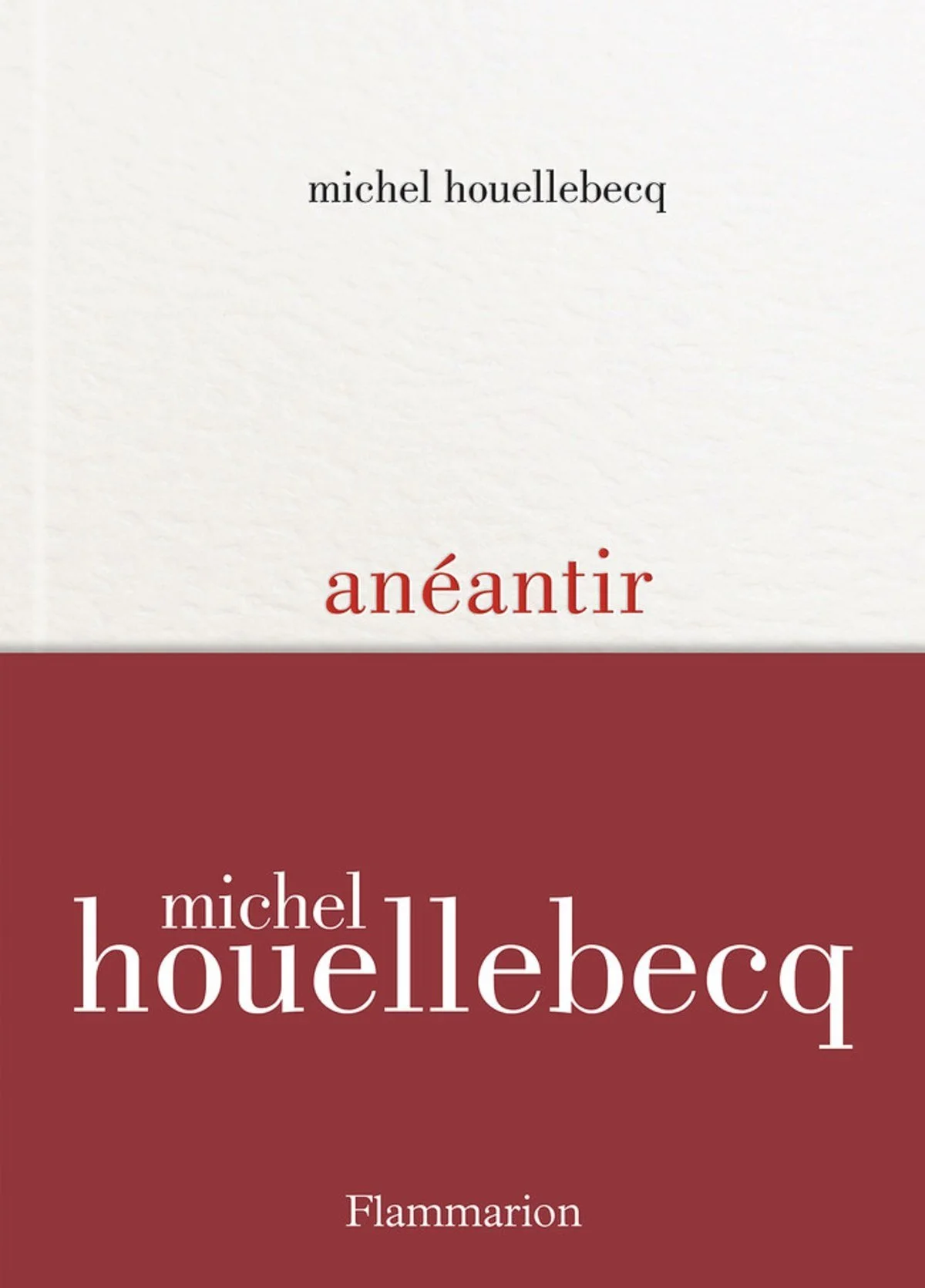Book Review : Michel Houellebecq - Sérotonine (2019)
Emotional connection through art is usually achieved through a sense of shared struggle. Whether it’s through music, painting, literature or whatever else, the alchemy of art operates through a symbolic transference from creator to audience. The girl that got away become our girl that got away. The triumphing underdog novel becomes our workplace triumphing underdog narrative, etc. It is becoming quirkier and quirkier to achieve now that our lives are becoming more and more comfortable.
God-tiers French author Michel Houellebecq’s 2019 novel Sérotonine is somewhat of a litmus test for this well-established rule in the best possible way.
Sérotonine tells the story of Florent-Claude Labrouste, a 46 years old agronomist who is taking a new brand of antidepressants called Captorix. He is profoundly unhappy in his work and life in general, so he decides to perform a "voluntary disappearance". This is not a euphemism for committing suicide. Florent-Claude simply walks out on his sex-obsessed younger Japanese girlfriend and moves into one of the last smokers-allowed hotel room in Paris and starts looking for a reason to live.
Hopeless Solipsism
One thing I love about Michel Houellebecq novels that Sérotonine really nails is the protagonist without a cause. Florent-Claude is not struggling in the conventional sense of the term: he’s smart, financially successful and, judging by his romantic history, in demand with the ladies. He’s got it pretty easy on paper, but he's fucking miserable nonetheless. That makes him both unsympathetic and interesting at the same time. He's a stand-in for a generation for self-absorbed assholes.
Writing a novel with such a conflicted and conflictual character is somewhat of a stunt in this day and age, because audience tend to automatically think a character’s views reflect their creator’s. Especially is the character is the protagonist. But Houellebecq is smarter than that and Sérotonine paints a more complex portrait than it seems. By showing absolutely no love whatsoever to Florent-Claude, Houellebecq forces his reader to contextualize his behaviour through the actions of other characters.
The key to understanding Sérotonine, I believe, lies in Florent-Claude’s meetings with the women of his past. Because while he puts us through this thorough self-pitying life retrospective, Florent-Claude denies it to everyone else. He gets bored. He’s flustered by how poorly his exes aged. No story is interesting enough except his own. The only woman he fetishizes is Camille, who he doesn’t find the courage to approach for reasons you will find self-evident upon reading the novel.
Seriously, if you don’t think that Michel Houellebecq considers Florent-Claude to be complete scum upon reading Sérotonine, I don’t know what to tell you. He goes to great lengths to paint him as such. But his greater point is that contemporary solipsism, that obsession with the self and healing the self, is rendering people prisoners of their own perspectives. That compassion has been rendered performative and commodified in this freewheeling economy. It’s as brutal as it sounds.
The part about the farmers
All the analysis of Sérotonine over the last three years focused mostly on Florent-Claude’s relationship with Aymeric, his distressed nobleman farmer friend and with good reason. Being an agronomist, the fucked up agricultural situation in France and the utter savagery of free market economy are, I believe, the main reason why Florent-Claude feels depressed. He spent his entire life performing ultimately useless work and being extremely well paid for it. Aymeric’s situation confronts him to that.
Aymeric is in many ways the man Florent-Claude could’ve been, but wasn’t. They went to school together, but Aymeric decided to invest himself into something. To build an heritage of his own, while Florent-Claude decided to just start cashing them sweet governmental checks. The farmers are fighting a losing battle, but unlike Florent-Claude they’re fighting for something. It’s a dark and nihilistic predicament sure, but you’re reading a Michel Houellebecq novel here. This is what you signed up for.
I don’t believe the farmers are as important to Sérotonine as other critics would lead you to believe. They are simply another vision of a life Florent-Claude could’ve chosen had he not decided to follow money and his dick and their violent ending comforts and consolidate him towards the path of self-destruction he’s on. Sérotonine is very much a novel about a guy desperately searching everywhere for confirmation of is own toxic worldview. Noble-minded people are just fodder to him.
*
Sérotonine is another fantastic, confrontational novel by Michel Houellebecq, which demands that you dig into the darker, uglier and more insecure parts of yourself to emotionally connect with its disturbed (and disturbing) protagonist. Most people perceive themselves to be moral, upstanding people and treat their desires as such, but Sérotonine and Florent-Claude Labrouste exist to tell you that you’re deluding yourself. That your path is your own and the bodies lying along the way too.






